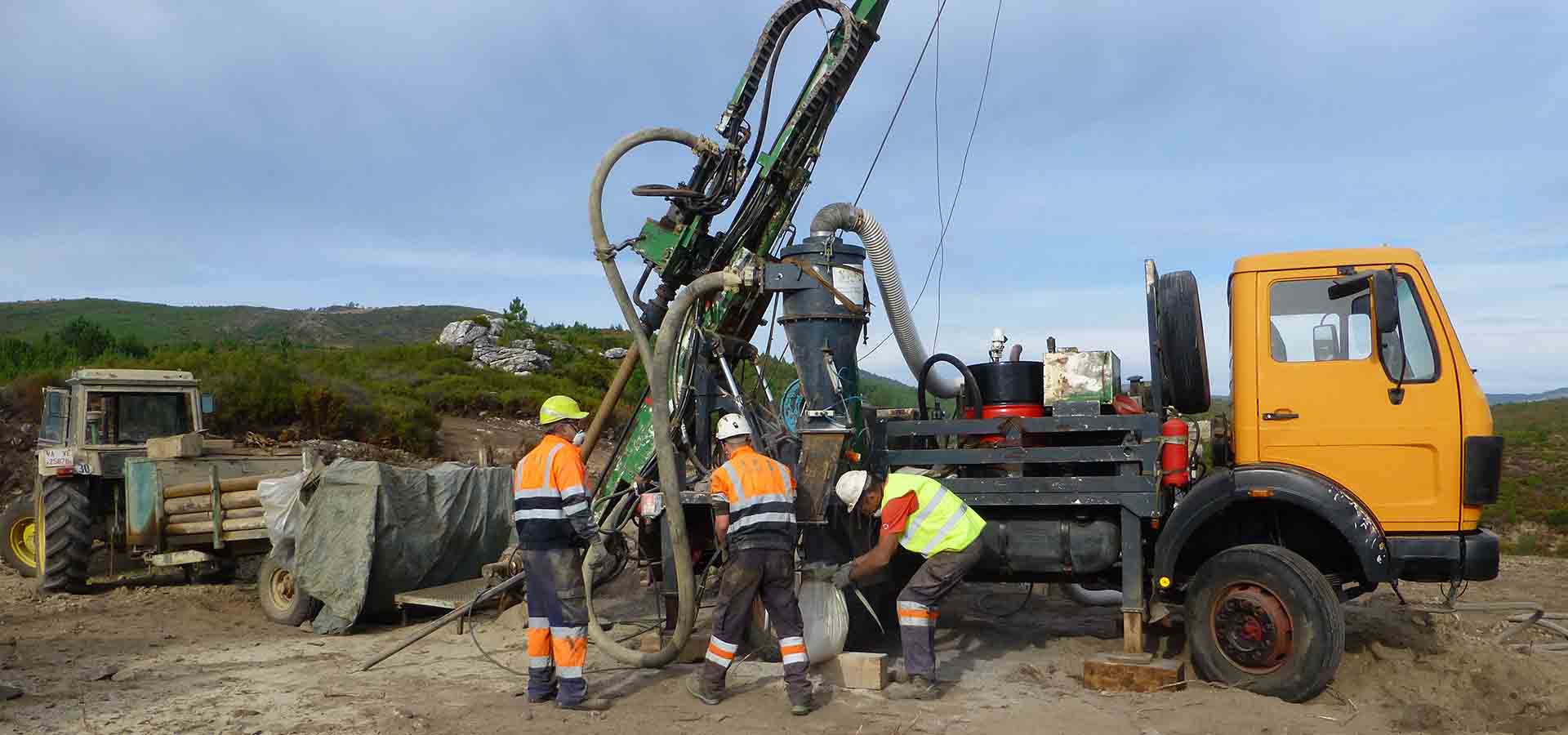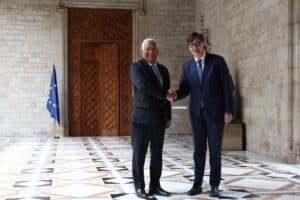Plan updated to reflect EU focus on ‘critical raw materials for energy transition’
Public consultation opens today on a revision of the National Energy and Climate Plan for 2030 (PNEC).
What this means is that a plan compiled only three years ago is to be updated in keeping with the European Green Deal – a plan for the energy transition which is not taking all member states or indeed citizens with it.
Portugal however is very much ‘with the programme’: last week, environment minister Maria da Graça Carvalho said that the national strategy for critical raw materials will be launched this month, setting the basis for defining exploration areas for materials with potential in the country, such as copper.
Now, the overall plan for harnessing all the country’s potential in terms of mineral resources for the energy transition, is being revised, in order to speed up the process, and make it more ambitious.
Expresso writes today that the proposal to revise PNEC explains that “Portugal has a complex and diverse geology, which gives it enormous potential in metallic and non-metallic mineral resources, and it is in a position to make a positive contribution to the objectives of the PNEC 2030 and to guaranteeing the supply of raw materials in Europe”.
The document, to which Expresso has had access, provides for eight measures, seven of which have no specific timetable for adoption, apart from the broad range from 2024 to 2030.
Only one has a tighter implementation deadline (within the next two years), and this is the ‘streamlining of licensing procedures’. The rest, to be realised by the end of the decade, involve:
- Drawing up national programmes for prospecting natural resources;
- Drawing up the National Geological Resources Strategy;
- Creating an industrial and knowledge development cluster;
- Realising the potential of mineral resources containing lithium;
- Revealing and capitalising on critical mineral resources;
- Monitoring the internal market and raw materials value chains;
- Promoting circularity through national circularity programmes;
These measures will involve various organisations, writes Expresso, including the ministries of the Environment and Energy and the Economy, the Directorate-General for Energy and Geology (DGEG), the National Energy and Geology Laboratory, IAPMEI, AICEP, the Portuguese Environment Agency and EDM – Empresa de Desenvolvimento Mineiro.
The only source of funding is the PRR – Brussels’ multi-billion euro Recovery and Resilience Plan.
This far, the only area in which Portugal has moved forwards with regard to the (original) PNEC 2021-2030, set up by the former Socialist government, is in the licensing for lithium exploration (a strategy already fraught with local opposition).
As Expresso recalls, there are currently two lithium exploration concessions in Boticas (Savannah Resources) and Montalegre (Luscorecursos), while six areas have been identified for prospecting tenders.
“These areas will be the subject of an international tender with the aim of promoting prospecting and research activities to adequately determine the existence of mineral deposits, with a view to their exploitation and valorisation,’ says the ‘new’ PNEC, now coming under public consultation.
Focus on lithium and the interest in studying other geological resources has become “especially relevant” since the ‘Critical Raw Materials Act’ was approved at European level three months ago, establishing a framework for guaranteeing “a secure supply of critical raw materials”, adds Expresso.
PORTUGAL’S POTENTIAL IN MINERAL RESOURCES
The PNEC review document notes that “Portugal stands out, despite its size, for having considerable reserves of lithium, tungsten, copper and feldspar in its territory”.
As Expresso’s article stresses: “One of the European Commission’s concerns is that the energy transition and decarbonisation can move forward without making the Old Continent dependent on a single supplier, a fear that is due to the concentration of critical raw materials in China, which is already, for example, the world’s largest supplier of solar panels”.
The revised PNEC will be open to public consultation until September 5 and will then be discussed in Parliament, the Ministry of the Environment and Energy said in a statement released yesterday.
(It is a well-known ‘tactic’ of major developmental plans to be presented in the heat of the summer, and run for public consultation during the month of traditional Portuguese holidays.)
Says environment minister Maria da Graça Carvalho in the government’s statement: ‘This is not just a plan: it represents a development project for Portugal, harnessing the country’s renewable energy potential to stimulate industrial activities, economic growth, the creation of green jobs, innovation and technological development. PNEC 2030 is strategically positioned to combat climate change, guarantee energy security, attract investment and generate competitiveness”.
A link to the public participation exercise can be accessed here.
natasha.donn@portugalresident.com




















